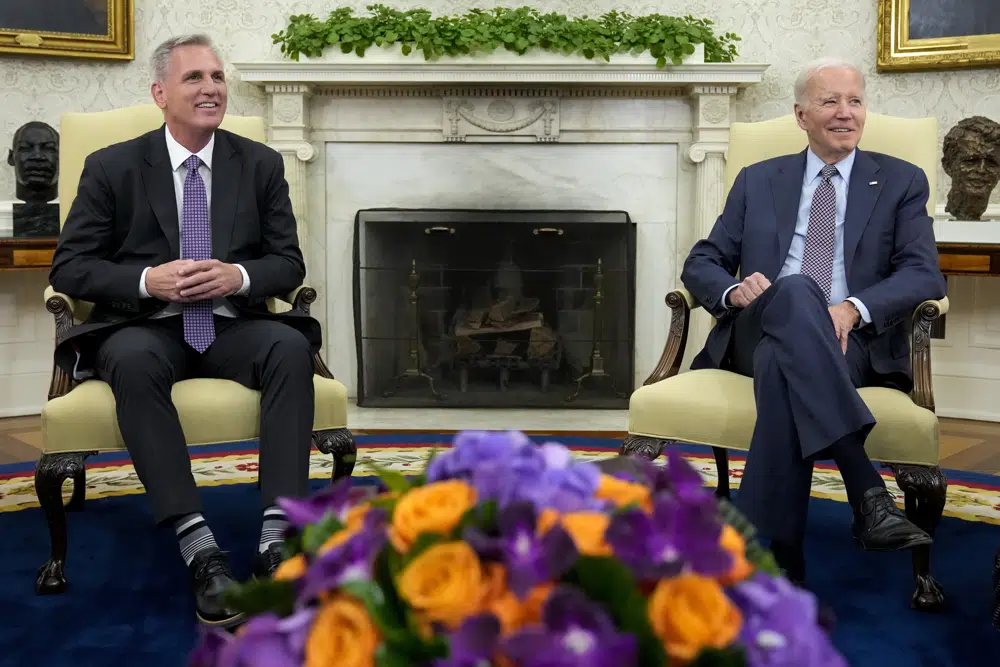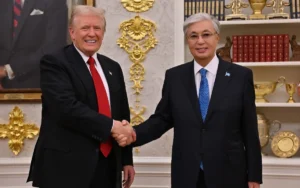Debt ceiling talks grind on, Republicans warned of “lack of urgency” at White House

Washington, The Gulf Observer: Debt ceiling negotiators for President Joe Biden and House Speaker Kevin McCarthy holed up for more talks at the Capitol Tuesday, but Republicans warned of a “lack of urgency” at the White House to resolve the budget standoff in time to avert a potentially chaotic federal default.
With barely a week to go before a deadline as soon as June 1 the Democratic president and the Republican speaker were staring down a financial crisis. Failure to strike a deal would be unprecedented, and certain to throw U.S. financial markets into turmoil, inflicting economic pain at home and abroad.
Behind closed doors, McCarthy urged his slim House Republican majority to “just stick together” despite their own factions as he negotiates the strongest deal possible for conservatives, said lawmakers exiting the private session.
“We’re not there yet,” McCarthy said at the Capitol, reiterating he won’t bring any bill forward “that doesn’t spend less than we spent this year.”
Rank-and-file Republican lawmakers were told they could proceed with their planned recess week around Memorial Day away from Washington, set to begin after Thursdays session. But McCarthy warned them to be on 24-hour call to return for voting on any deal.
Dragging into a second week, the negotiations over raising the nation’s debt limit, now at $31 trillion, were never supposed to arrive at this point — a crisis in the making.
The White House insisted early on it was unwilling to barter over the need to pay the nation’s bills, demanding that Congress simply lift the ceiling as it has done many times before with no strings attached.
But the newly elected speaker, McCarthy, R-Calif., visited Biden at the Oval Office in February, urging the president to come to the negotiating table on a budget package that would reduce spending and the nation’s post-COVID ballooning deficits in exchange for the vote to allow future debt.


